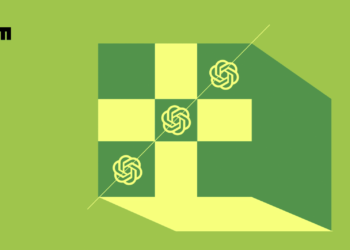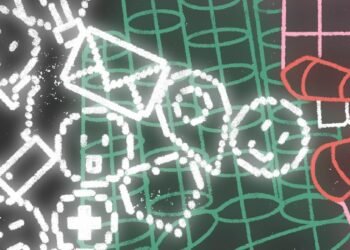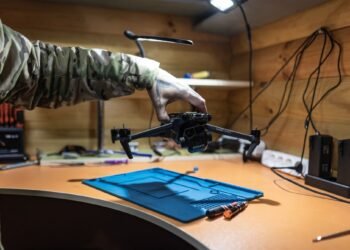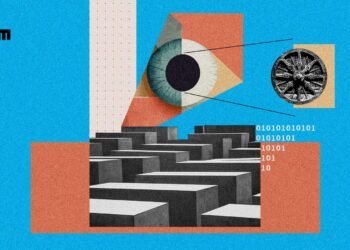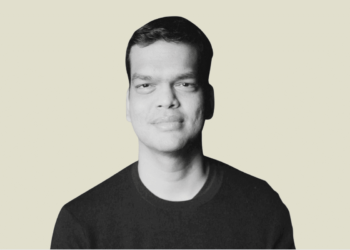The landscape of engineering is rapidly changing with the introduction of AI tools like Cursor and Claude. These tools are now accessible to non-engineers, allowing them to perform tasks that were once exclusive to engineers. However, this shift does not mean that engineers are becoming obsolete. In fact, it is transforming their role into higher-level system architects and AI orchestrators. Akbar Mohammed, Head of Innovation at Fractal, emphasized that AI tools are catalysts for transformation, not substitutes for traditional engineering. This means that engineers are still essential for understanding system requirements, designing architectures, and ensuring reliability.
Contrary to popular belief, AI is not replacing engineers. It is adding a new dimension to engineering, similar to how calculators enhanced mathematics without rendering mathematicians obsolete. This distinction between traditional and AI engineering highlights the value of engineering and the need for foundational skills. Experts like Yann LeCun and Francois Chollet have emphasized that with AI tools, the need for expertise in programming languages and core engineering principles will increase. This means that engineers must develop a balanced skill set, combining core engineering principles with AI-specific techniques.
For those entering or already established in the field of AI engineering, developing a strong understanding of core engineering principles and mathematics is crucial. This allows engineers to not only implement AI tools but also understand their practical limitations and long-term implications. As Mohammed puts it, an AI engineer without these basics is like a chef who uses advanced kitchen gadgets but lacks basic culinary skills. Engineers equipped with this duality are more effective, as they can deliver effective AI solutions while also considering the broader context and implications. In conclusion, AI tools are not replacing engineers, but rather transforming their role and highlighting the importance of foundational engineering skills in the age of AI.









